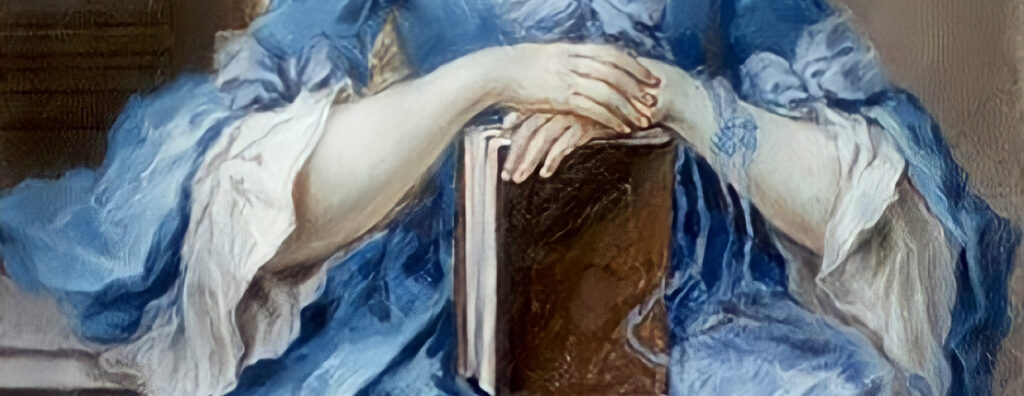
Marianne is an unusual investigator. Her efforts commence with zero belief that any offence has been committed. Furthermore, she is rather reluctant to look askance at the people involved. Indeed, she has all manner of reasons to interpret the evidence and circumstances in their favour. Now, she is in the final stages of the investigation, […]
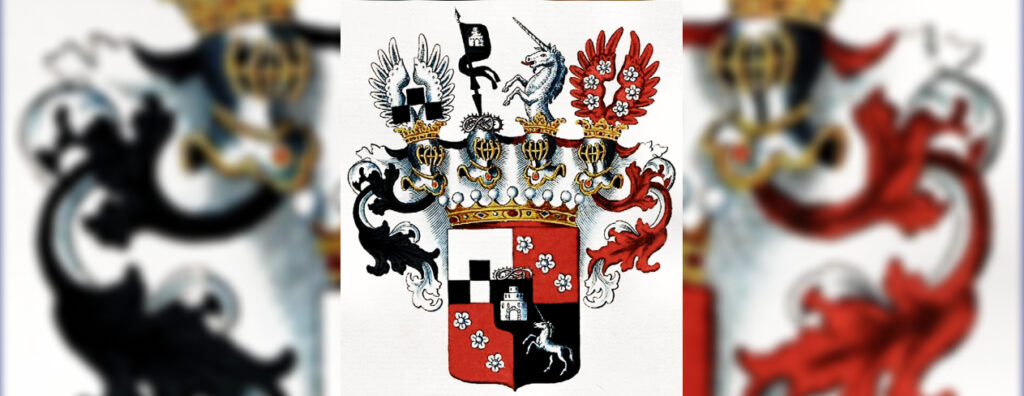
Countess Maria Fransisca of Thürheim, ‘Auntie’ of Leontine of Salburg, is virtually an unknown individual, located in a periphery of the Salburg-Thürheim genealogical tree. She was one of the daughters of Count Kuefstein, thus Thürheim must have been her married name. Her sister was married to Field Marshal Salburg. Sadly, I have not yet found […]
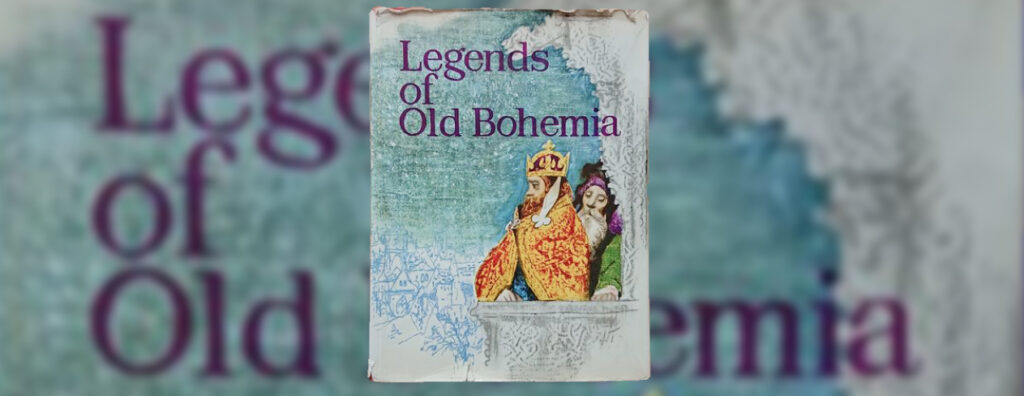
Beyond festivities, social gatherings in one apartment or another at court were a common way to spend the evening. More or less permanent circles formed according to title, official function or simply personal friendship with the host or hostess. After having supper, guests used to amuse themselves by playing cards, making music and conversing. As […]
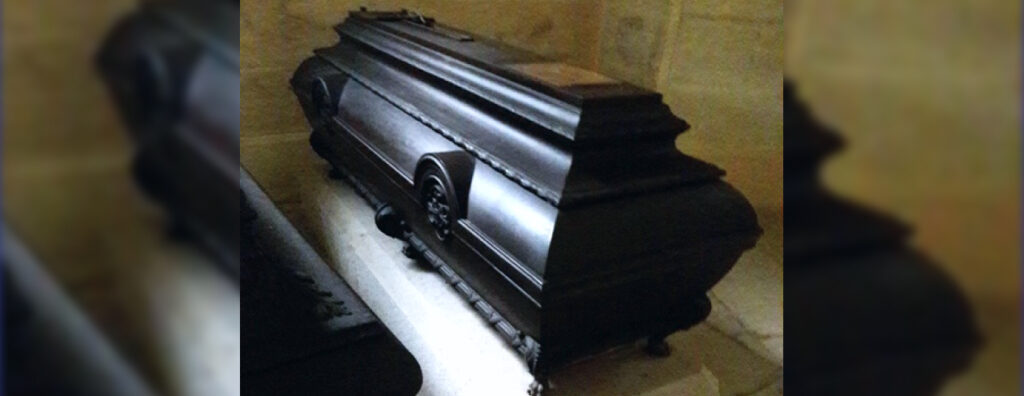
Eleonora’s last will, signed a week before her death, is supposedly kept in the family archive. The only citation having been published and thus available to me is as follows: solle mein Leichnam, ich mag in Wien, oder andernorts das Zeitliche verlassen, nach Krumau geführet, dort von armen Leuten in die St. Nepomuc Kapelle getragen, […]
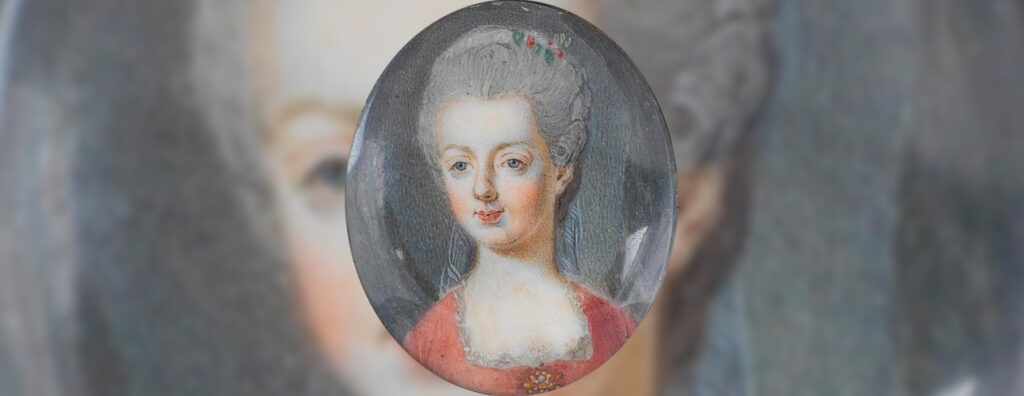
Throughout the narrative, I have been sketching Marianne’s psychological portrait. There have been several references to her strenuous family relations. Now, in the presence of her confessor, though not in the format of a religious confession, she pours out all the anxiety gathered in her heart. True, it all may easily be nonsense. As saturated […]
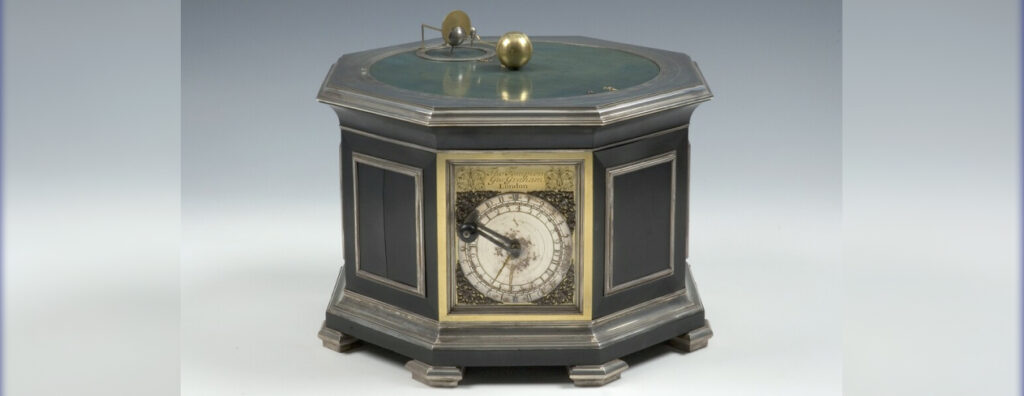
Prince Eugene of Savoy (1663-1736) was the most successful field marshal of the era in the service of the Habsburg dynasty and a highly influential person in the Imperial court. His magnificent palace of Belvedere still housing his large art collection is among the main tourist attractions in Vienna. As he remained unmarried and without […]
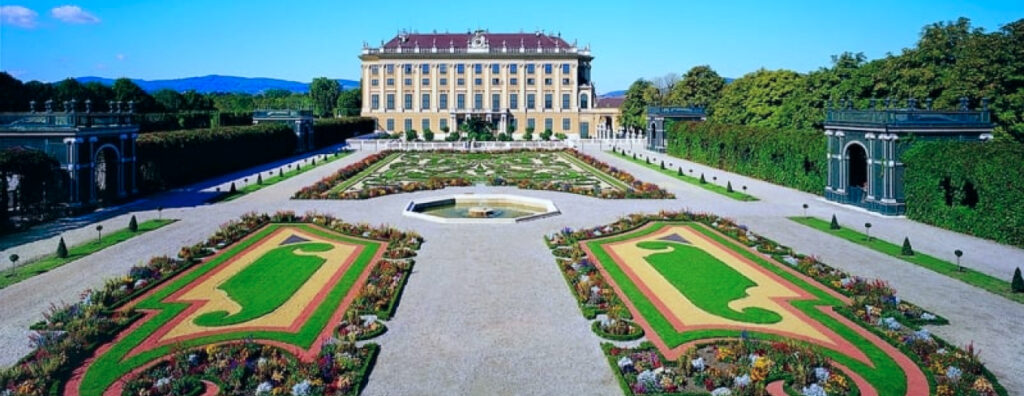
The palaces of Hofburg and Schönbrunn were both official residences of the Imperial court. Schönbrunn became comparable with Versailles only after 1746 when the large reconstruction work had been finished. It was ordered by the Empress in order to accommodate the growing Imperial family. However, the court settled there only in the summer season, usually […]
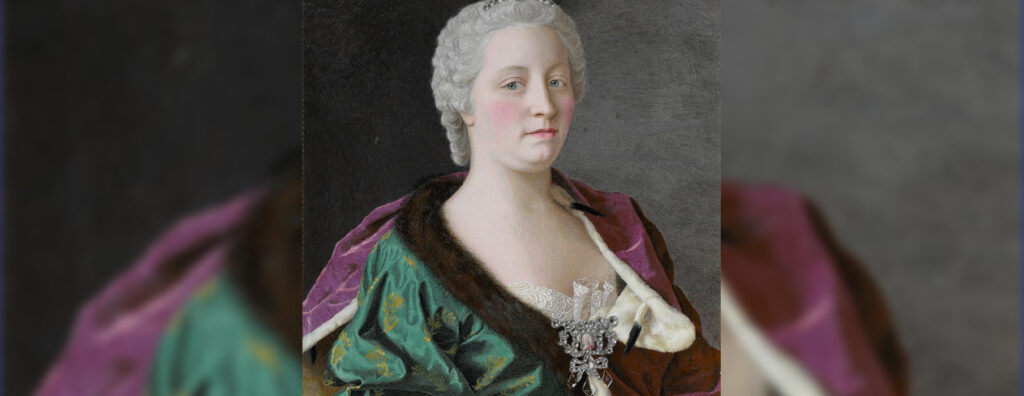
At the beginning of her ascension to the throne in October 1740, the Empress chose the Leopoldine wing of Hofburg palace as the residence of her family and, moreover, the seat of the government. The so-called bel étage on the first floor of the wing housed both her private appartement and the reception and official […]
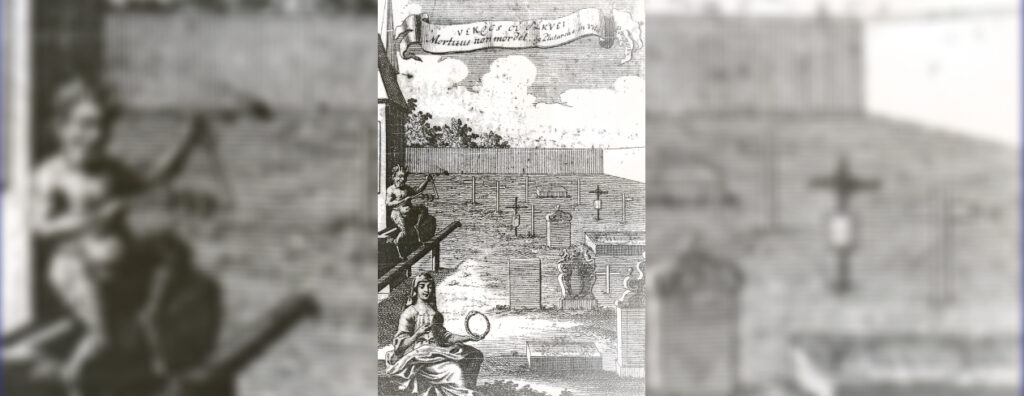
Unsurprisingly, the scholars of the Enlightenment era were keen to discover the mechanisms of how folkloric superstition may have had a lethal impact on people’s state of mind as well as their physical body. They were in no way ignorant or dogmatically captive; quite the contrary, they took a progressive approach to the phenomenon and […]
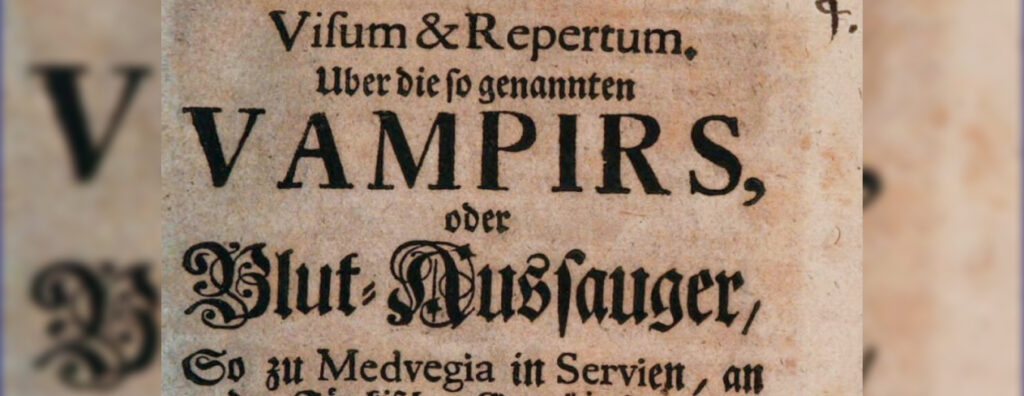
This chapter presents the routine of a historian. Instead of rapid sensational breakthrough, we see laborious hunching over the desk, struggling with bewildering and contradictory documents, drawings and maps. Quite in the same manner as I suppose crime investigators do. Therefore, I did not at first consider that the pedantic scrutiny would be anything more […]










